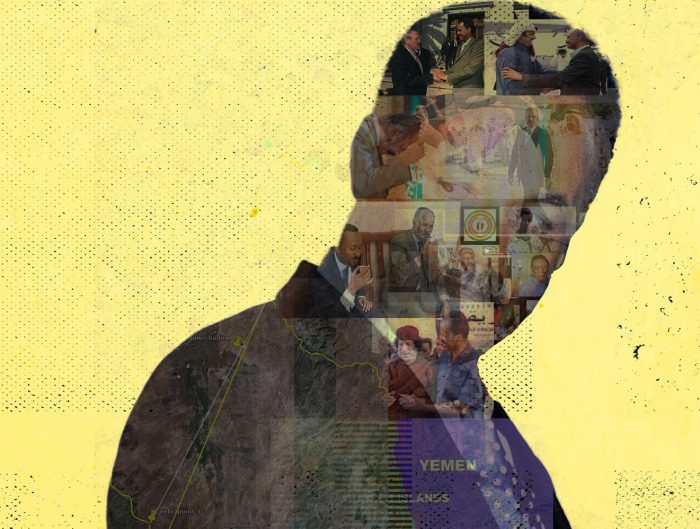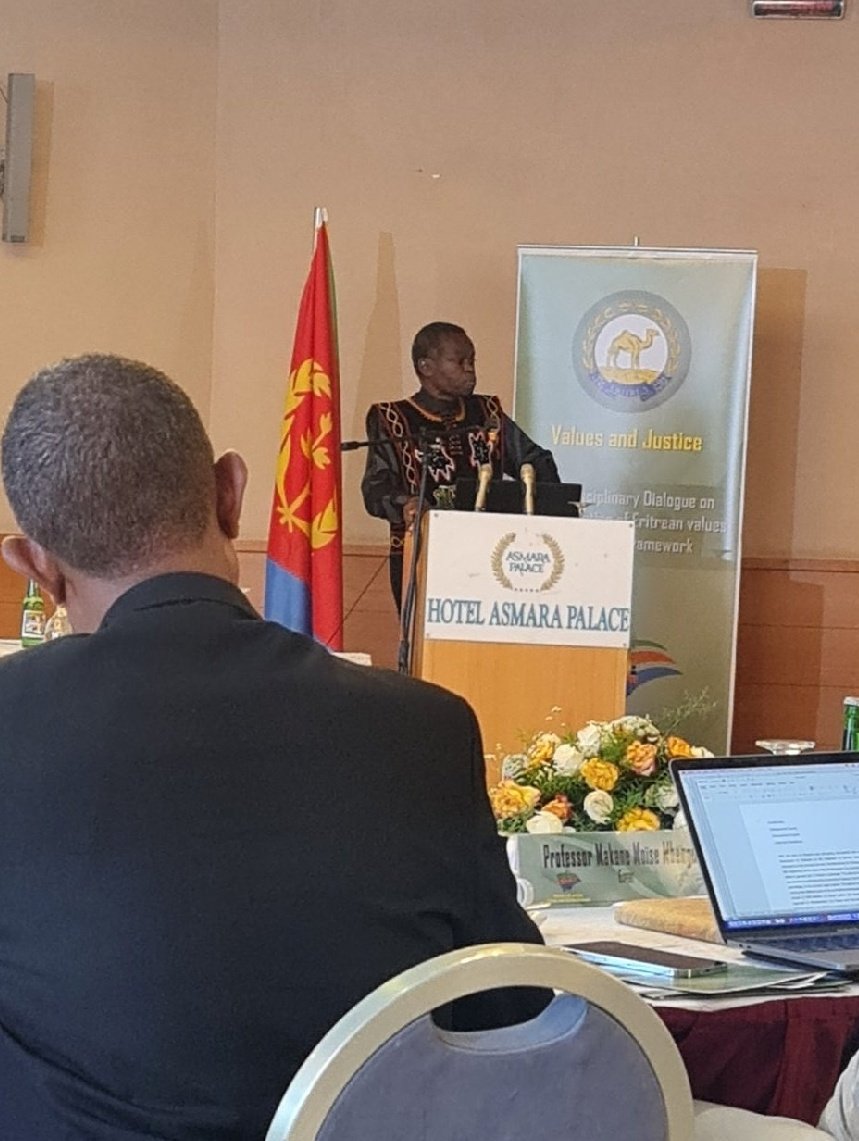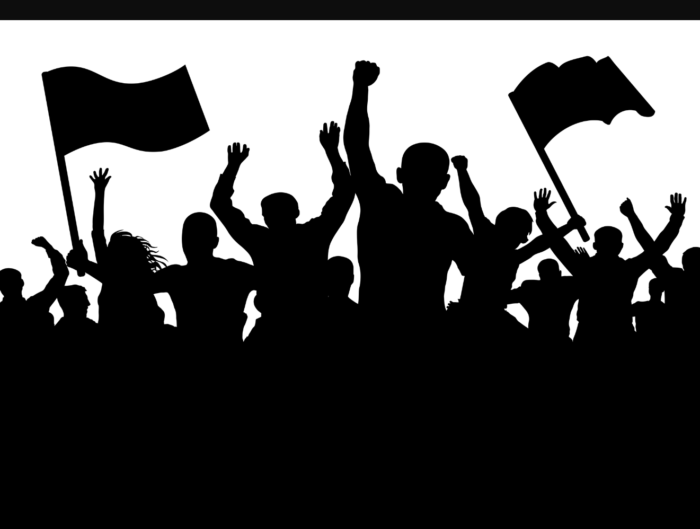Twenty seven years ago today, the Eritrean People’s Liberation Army (EPLA) delivered the final victory in evicting Ethiopia’s occupation forces from Eritrea and triumphantly entered its capital, Asmara, to jubilation and cheers from the Eritrean people, who initiated the struggle decades earlier. There was no confusion what this meant and that’s why, two years later, Eritreans would overwhelmingly legalize the victory by voting in an internationally observed referendum: it meant that, henceforth, the Eritrean people would exercise their right to self-determination, to exercise their sovereignty, to choose a path without any interference from foreign powers, least of all Ethiopia.
Since this right to self-determination was one that was determined as extremely unlikely if not impossible by all the experts–the United Nations, the African Union, renowned pundits and politicians–it is rightly described as a “David-vs-Goliath” and “against-all-odds” victory.
Of course, May 24th is worthy of celebration for a number of reasons. There are many people in the world who believe, just as Eritreans believed, that they have a right to determine their fate including the Palestinians, Kurds, Ireland, East Timor, Kosovo, and even Crimea. Eritreans’ victory is the exception and not the rule. Second, unlike many self-determination movements, the case of Eritrea is not predicated on ethnic rights but a form of anti-colonialism. Not that Ethiopia was a colonial power, but because Eritrea was not allowed the right to exercise rights granted to former colonized people.
Of course, the day is commonly referred as “Independence Day” because that is the date Eritrea became independent of Ethiopian occupation. But independent also means having the freedom to choose. And, in 2018, twenty-seven years after Eritrea’s Victory Day, people don’t have the freedom to choose their government. They don’t have the freedom to live in their own country unless the government they didn’t have the freedom to choose grants them the permission to do so. They don’t have the freedom to assemble or to express themselves. The freedom of expression is so limited an Eritrean can’t express an opinion on the whereabouts of those who made this Victory Day literally happen:
On this day 27 years ago, #EPLA under THE command of Petros Solomon would take Asmara, liberating #Eritrea.
The Commander of Nakfa, Zara & Kerkebet Fronts
Chief Strategist of #EPLF, Head of Military Intelligence – Brigade 72.
Central Committee 1977 – 94
Dungeon for 17 Years! pic.twitter.com/jVRIuDKbAb
— Wedi 9 (@ZeMike09) May 23, 2018
A daughter doesn’t know the whereabouts of her father and doesn’t even have the right to ask:
Eritrea at 27. I am wearing one of the few items that I have kept of my father. Used to love stealing his T-shirts. It has long lost his smell…Held Incommunicado in Eritrea since 2003. pic.twitter.com/BLvnAuSe8F
— Semhar Habtezion (@SHabtezion) May 24, 2018
A mother doesn’t know the whereabouts of her daughter, who was arrested when she was a minor:

And every day, the Government of Eritrea refuses to account for thousands of our compatriots whose minimal rights to even know why their loved ones are arrested and where they are arrested–never mind due process–have been violated. Given these facts, Eritrea’s Independence Day should be celebrated for the fact that one more tyrant (Mengistu, Haileselasse) has no say on our freedom. But since we always assumed that the removal of that obstacle will result in our freedom to deny anymore tyrants lording over us, and since this day is not here yet, it is natural to have mixed feelings and celebrate it with a heavy heart.
Eternal gratitude to those who rid us of a series of tyrants. They should serve as inspiration to embolden us to challenge all future tyrants, including the current one, specially on Victory Day like May 24. And, if you are a history buff, feel free to make the connection between our Eritrea’s Victory Day and the USSR’s Victory Day.





Leave A Reply